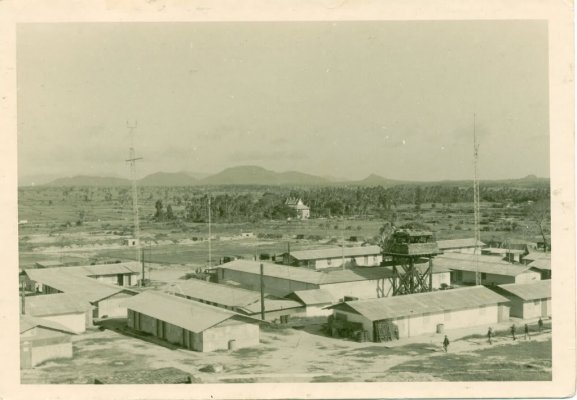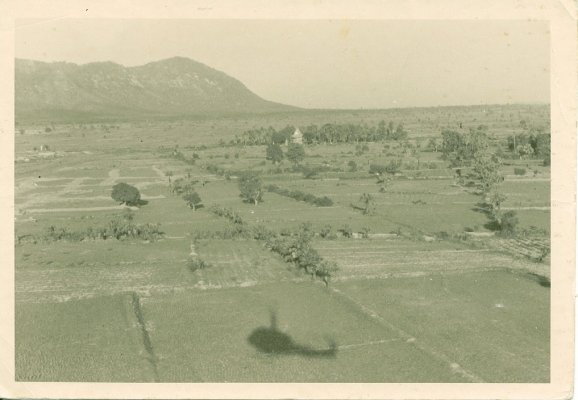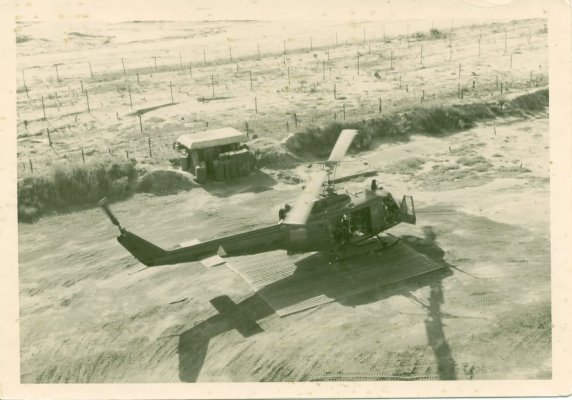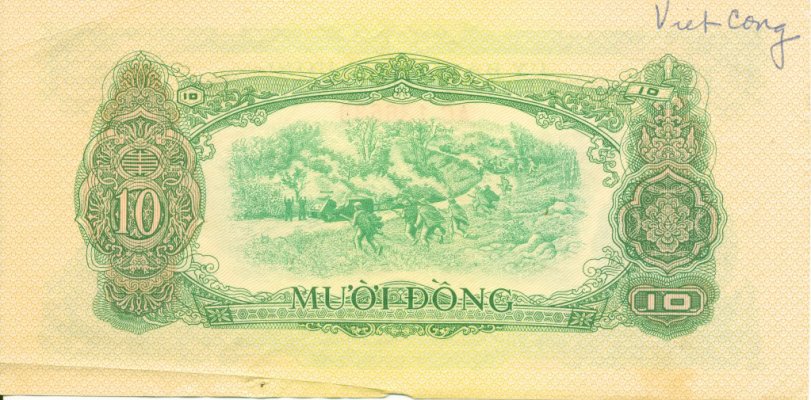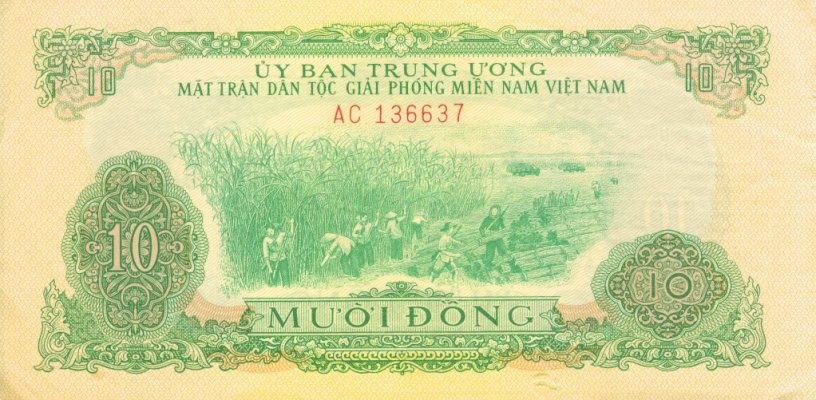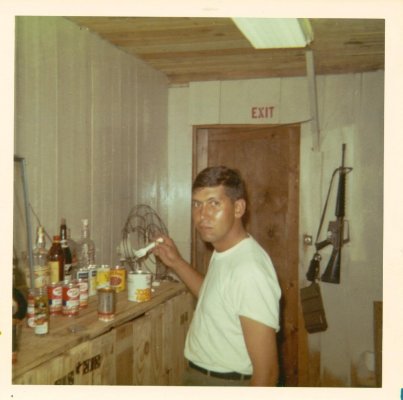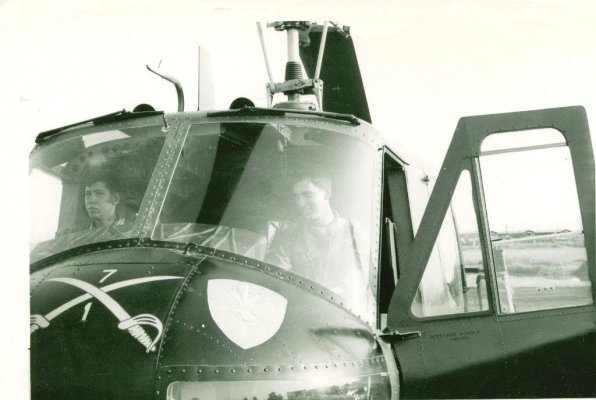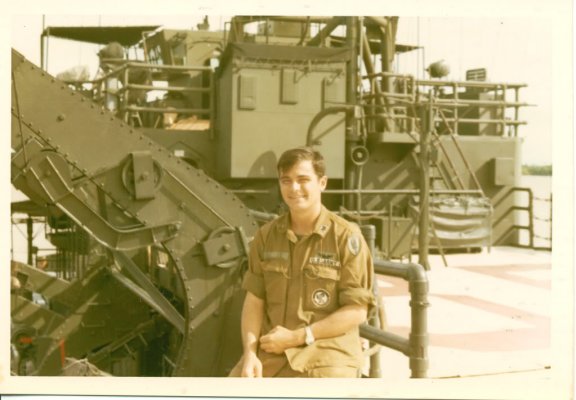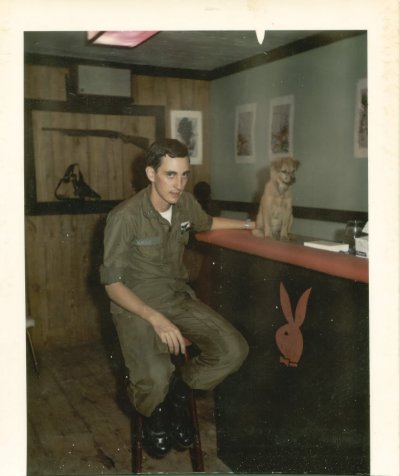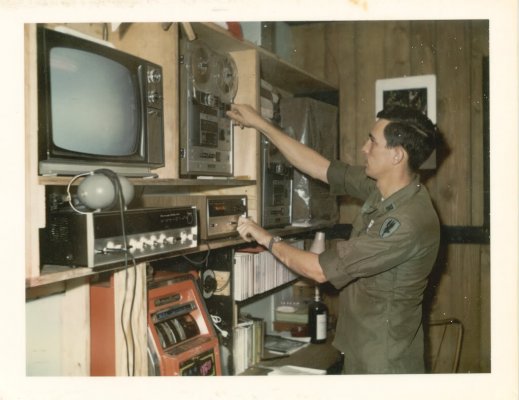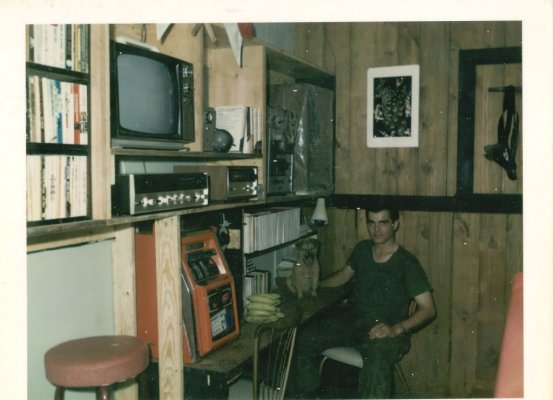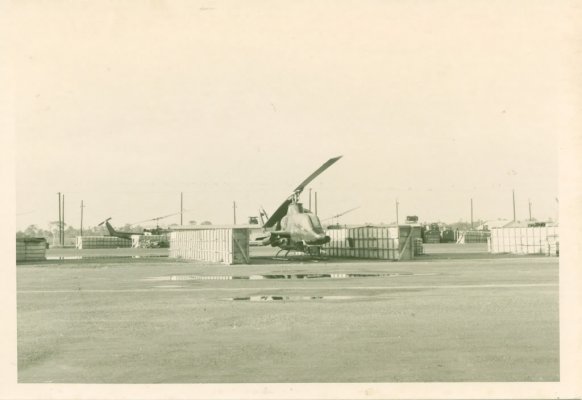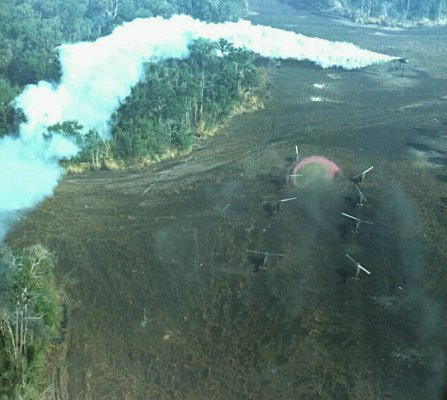DonTom
Well-known member
Thanks for your stories. And welcome home! I like the war stories where nobody gets hurt and I have one of my own.HueyPilotVN said:Here is another short one.
I was in the infantry, Army 11B. B-3-8, 4Th Infantry Division. 1969/70.
This is one of my favorite Vietnam war stories which happened to a guy in my squad in the Central Highland Jungles somewhere around An Khe.
We hump to a hilltop a few clicks away, but we get there later than usual to set up. It's getting dark.
We set up the perimeter, dig our foxholes and such.
Tony, a guy in my squad goes out to set up the claymore. Remember, now somewhat darker. He puts down his M16 to put in the blasting cap. At this point, he is sitting much like a Vietnamese would.
Out of the thick jungle, from nowhere it seems, a NVA troop quietly comes out of the thick jungle and puts his arm around Tony and starts speaking Vietnamese, mistaking him for his own NVA buddy.
Tony jumps up, kicks the NVA troop in the ***s, grabs his AK47 and tries to figure out how to fire it (we had no training that I can recall on AK 47's). The AK47 was on safety. Much different than on a M16. The NVA yelled and went running without his AK47. Tony finally got a round off, but missed, as the NVA was long gone by that time.
Then after all the chaos is over (there is always chaos in an infantry company for a while when an unexpected small arms round is fired off close by), Tony comes back into the perimeter with his M-16 in one hand and the AK47 in the other.
I wonder if he has nightmares these days. It didn't even happen to me and I cannot forget his experience.
-Don- SSF, CA

